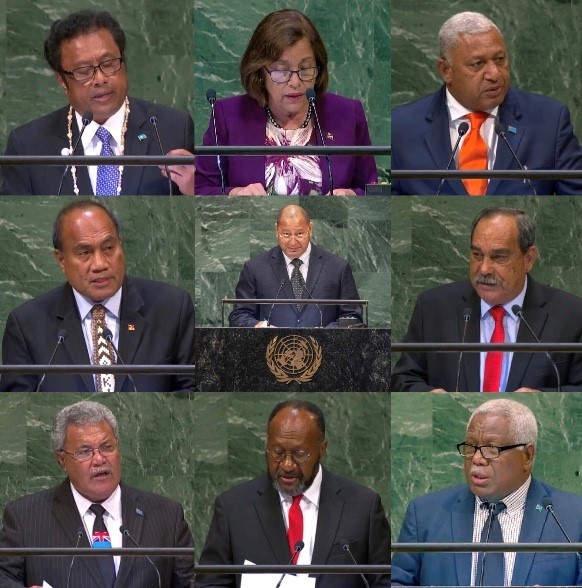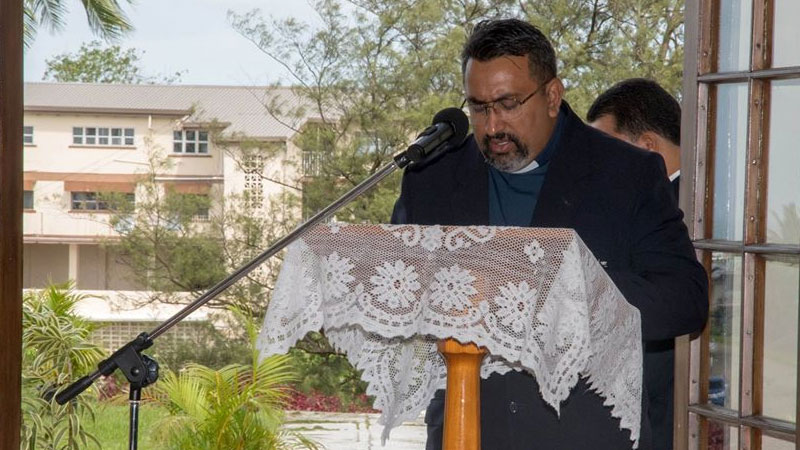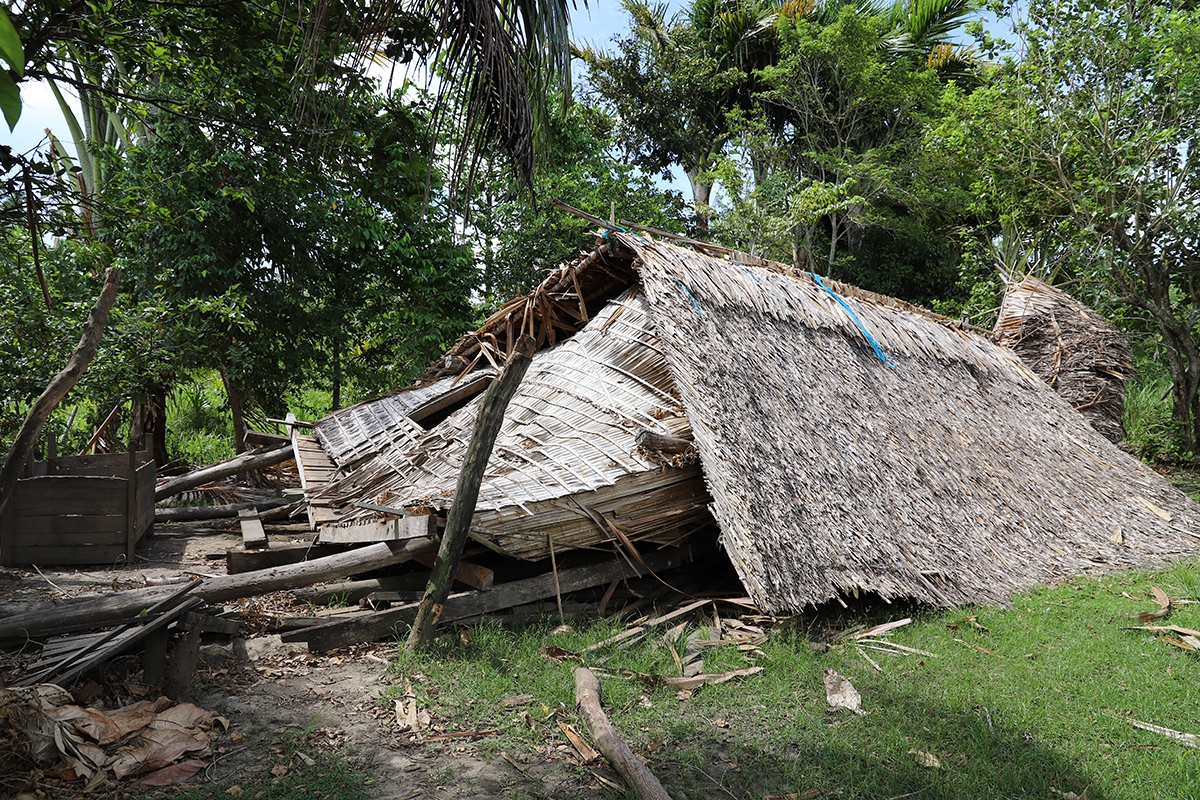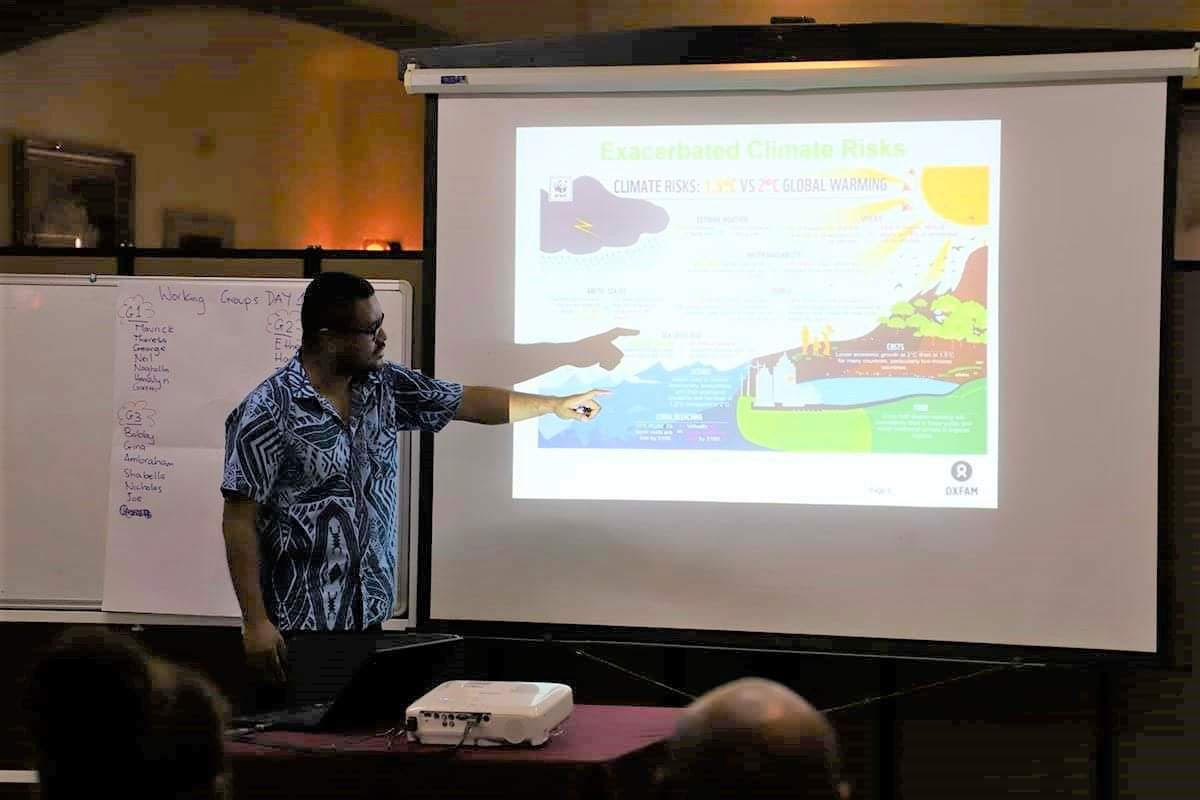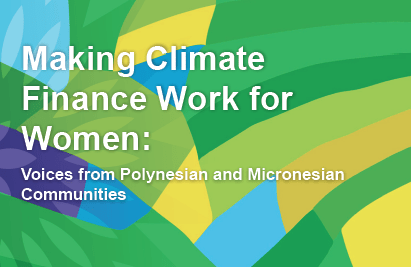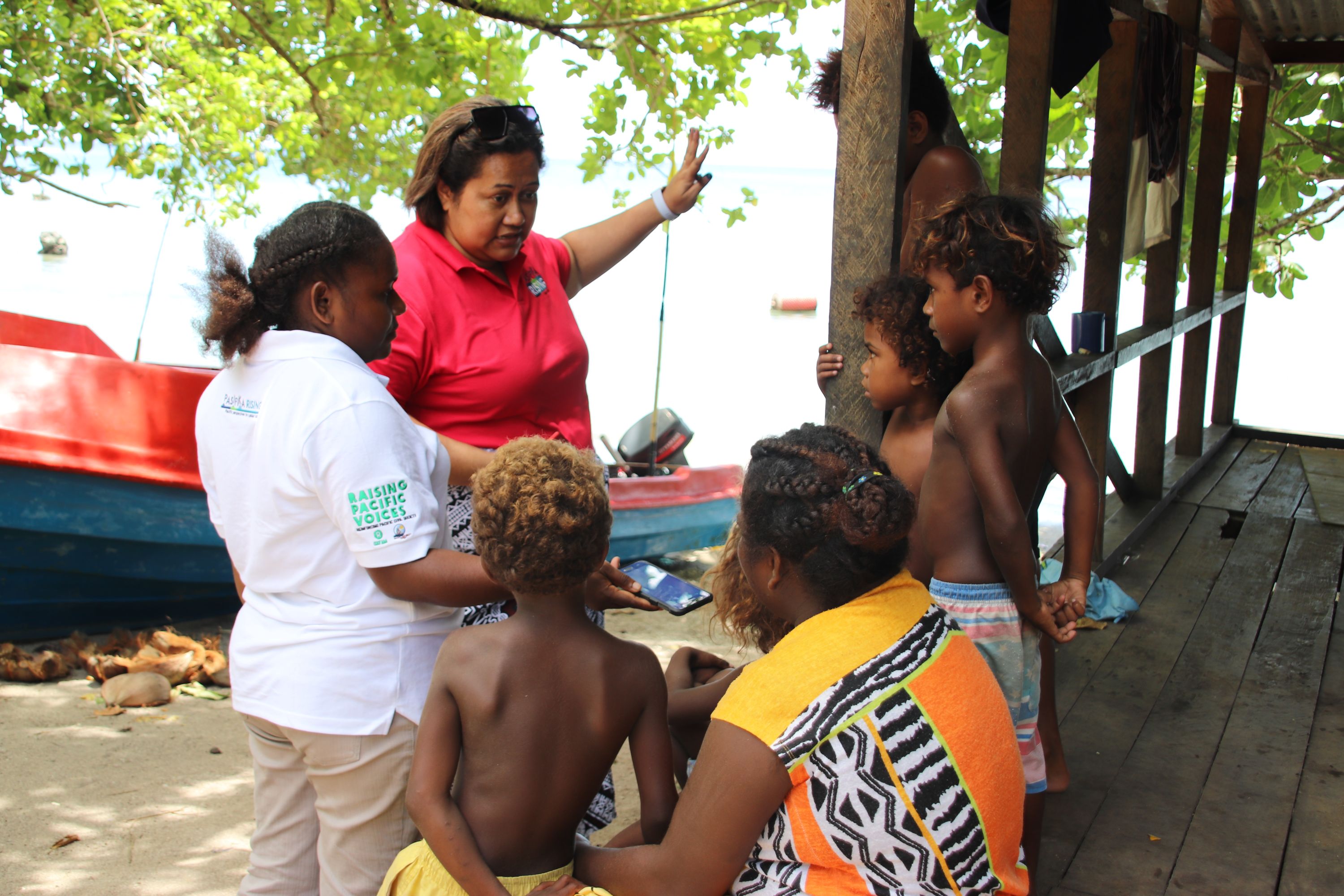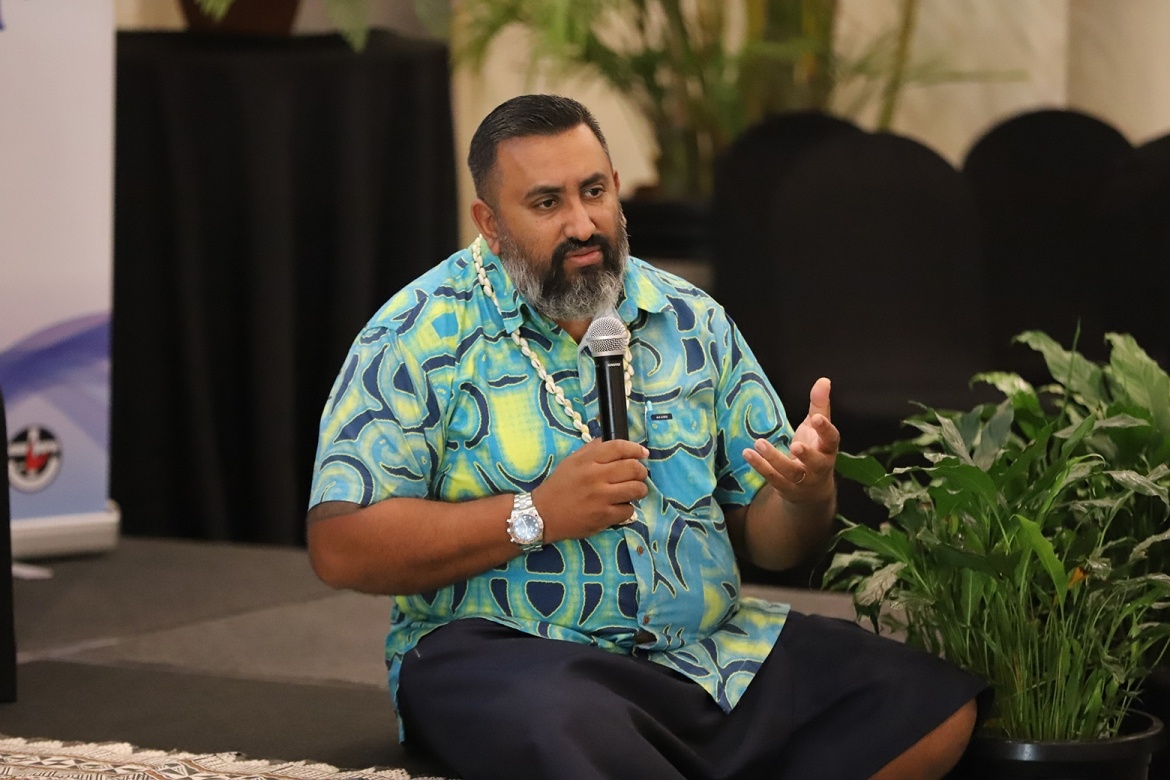The need for urgent collective action to sustainably manage, use and conserve the Blue Pacific oceanic continent and its resources was a recurring theme raised by Pacific Islands Forum Leaders both at the Pacific Islands Forum meeting in Nauru, and at the 73rd United Nations General Assembly in New York held in late September.
In her address to the General Debate, the President of the Marshall Islands, H.E Hilda Heine, said “The UN Oceans Summit last year has set the stage to ensure that oceans – two thirds of the world’s surface – must no longer be an isolated silo, but will be an integral part of sustainable development and global commitment. The Marshall Islands is more than 99 percent ocean. It is our culture, our primary economic pathway, and our identity.”
H.E Tommy Remengesau, President of Palau said “I have a firm belief that our environment is our economy; our economy is our environment. Preserving our magnificent coral reefs and abundant fisheries will ensure tourism continues to grow, as well as protect our food security for generations to come. For this reason, we have moved aggressively to implement our National Marine Sanctuary – a no-take zone that covers 80% of our Exclusive Economic Zone.”
Prime Minister of Tuvalu, Honourable Enele Sopoaga echoed this sentiment saying, “Our small island economy is inextricably linked to the ocean … For us, it is the source of life: food, ecosystems, biodiversity, freshwater, and economies. The ocean presents our greatest hope to achieving sustainable livelihoods for our people, security and survival. However, with global warming, acidification, coral bleaching, solid wastes and plastic pollution, our inshore and off-shore fish-stocks on which national economies depend, are gravely affected.”
Fijian Prime Minister, Honourable Voreqe Bainimarama spoke about the link between the ocean and climate change saying, “We know that the interaction of ocean ecology and climate change is so profound. We cannot attempt to solve the crisis of one without confronting the crisis of the other. Our oceans are suffering from the stress of human activities that go beyond climate change, including pollution, overfishing and acidification. I draw the world’s serious attention to the need to help developing nations— particularly the most disadvantaged and vulnerable to overcome climate and oceans stresses.”
The Federated States of Micronesia picked up on the issue of pollution, with President, H.E Peter Christian saying, “Micronesia is a large Ocean State blessed with abundant marine resources. A key concern for Micronesia, and all Small Island developing States, is rightly focused on a healthy, productive and resilient Ocean. Micronesia is committed to the Pacific Islands Forum Leaders’ declaration to safeguard the Ocean and its resources. In this, I join my fellow Pacific Leaders as we commit to eliminate marine litter and the urgency of implementing the Pacific Marine Litter Action Plan.”
Prime Minister Rick Houenipwela of Solomon Islands told the General Debate, “We will actively engage on matters concerning the management of oceans. With regard to oceans management of the high seas, my Government welcomes, the recent first intergovernmental conference to negotiate a legally binding instrument, under the United Nations Convention on the Law of the Sea (UNCLOS), concerning areas of Biodiversity Beyond National Jurisdiction. A successful outcome of fair and equitable framework will again prove the relevance of this organization and its convening powers.”
Tonga’s King Tupou VI also spoke about the importance of current high seas negotiations saying, “Tonga has engaged in this year’s first intergovernmental conference on the conservation and sustainable use of the biological diversity in the high seas and the seabed and we are hopeful that a gradual convergence of views will result in a zero draft of a legally binding instrument for consideration at the second and third meetings of the Inter-governmental Conference in March and August next year. Tonga has also continued its engagement at the International Seabed Authority ensuring the appropriate management of the resources of the Area.”
The Prime Minister of Vanuatu, Honourable Charlot Salwai Tabimasmas, told the Assembly that his country, “…has unresolved issues relating to its maritime borders. This is an important step in completing our independence process. We are determined to address these issues. We are encouraged by a decision made by Leaders of the Pacific, under the auspices of the Pacific Islands Forum, to move ahead with negotiations with a view to including them and presenting a report in 2019. My country welcomes the mobilisation of mechanisms within the Pacific Islands Forum to establish a new agreement on the conservation and sustainable use of biodiversity beyond areas of national jurisdiction, which is an important opportunity for the Pacific.”
Kiribati also spoke to the importance of securing its maritime boundaries. President H.E Taneti Maamau said, “The Pacific accounts for 20% of the world’s ocean in terms of our combined EEZs and therefore, the completion of maritime boundaries is very critical, to provide certainty to the ownership of our ocean space, in the face of climate change. I am pleased to reaffirm that we are continuing to maintain 11% of our EEZ in the Phoenix Islands (comprising over 400,000 square kilometres of ocean) as a marine protected area. This well-known area, the Phoenix Islands Protected Area (known as PIPA) is considered as a powerful and effective tool for the rejuvenation of tuna fisheries and other marine organisms and a source of resilient coral species called super corals. From our understanding of the early findings of science, PIPA is home to one of the richest and most diverse and resilient marine ecosystems on earth.”
Papua New Guinea’s Foreign Minister Honourable Rimbink Pato said his country was a maritime nation and is “…working to ensure fair and equitable returns from our marine resources, particularly in combating illegal, unregulated and unreported fishing in Papua New Guinea’s territorial waters. We are grateful for the close cooperation of likeminded countries in the WTO who are working to address harmful fisheries subsidies that foster illegal, unreported and unregulated fishing. At the Pacific Islands Forum, under our Blue Pacific continent theme, we have agreed to – secure the region’s maritime boundaries, work to eliminate marine litter, and to enhance maritime surveillance to deter illicit activities.”
Minister Pato concluded his statement by expressing the “hope of all our peoples that the Pacific Ocean forever lives up to its name— the Ocean of Peace.”

